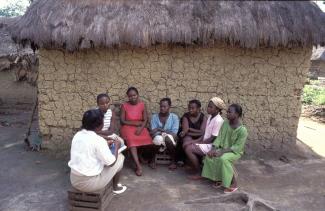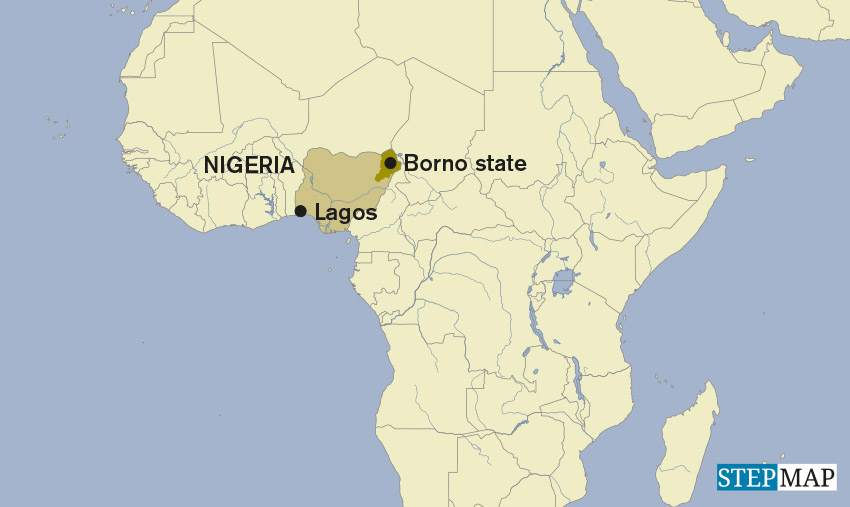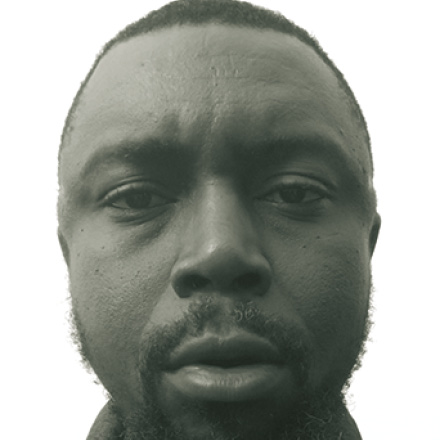UN
Strategic rape in war

Such brutality serves a strategic purpose. The idea is to intimidate people by not only causing physical harm, but by destroying female relatives’ personal integrity. While deliberate killings of civilians are war crimes, sexualised violence in war is hardly talked about – and law courts only rarely hear related cases.
The UN wants change. Accordingly, the Security Council passed a resolution on sexualised violence and conflict in late April. Germany had proposed this measure. The goals are to end impunity and to facilitate faster and more effective action against rape and forced prostitution in war.
The majority of the Security Council members voted in favour of the resolution. Russia and China abstained, while the USA threatened to veto the initiative. It opposed language that guaranteed rape victims access to sexual and reproductive health care. While it is obviously absurd to deny brutally abused women specialist treatment, the USA read the respective sentences as offering abortions to women who become pregnant because of rape. Only after the clause was deleted, the USA agreed to the resolution. President Donald Trump, after all, wants to please the religious fundamentalists who support him.
Ruling out abortion means to prioritise unborn life over the personal autonomy of severely traumatised women. In strife-torn regions, they can hardly expect any kind of systematic support when they assume the mother role. On the contrary, even their families and communities tend to ostracise them and their unwanted offspring. The perpetrator’s divisive violence has life-long impacts. Therefore, many faith leaders in crisis areas handle the sensitive issue of abortion in a much less rigid way than religious doctrines would suggest. The UN resolution is now weaker than it needs to be in order to ensure that all victims of sexualised violence in war are empowered fully to take their fate back into their own hands.
Women’s rights activists have been emphasising for many years that women must be involved in all aspects of any peace process and that peace will only last in places where men and women enjoy equal rights. Sexualised violence in war, however, mostly affects women.
The governments of the USA, China and Russia are uncomfortable with these issues. That is not only due to the fact that they fear that their own troops might one day be held accountable by judges, which is why they did not sign up to the International Criminal Court. More fundamentally, they consider demands for gender equity to be excessive.
All summed up, sexualised violence is rooted in the discrimination that still marks male dominated societies. Women are disadvantaged in many ways. The #MeToo debate, which originated in the USA, provides ample evidence. Using the hashtag MeToo, thousands of women around the world have been sharing their experiences of sexual abuse, assault and discrimination on social media.
The prosecution of sexualised crimes is difficult, especially when there are no witnesses apart from the two persons involved. Therefore, it is important to have legal tools like the new UN resolution. It has been diluted by US intervention, but it still points in the right direction. After rape and forced prostitution, impunity is unacceptable.
Sabine Balk is member of the editorial team of D+C Development and Cooperation / E+Z Entwicklung und Zusammenarbeit.
euz.editor@dandc.eu













